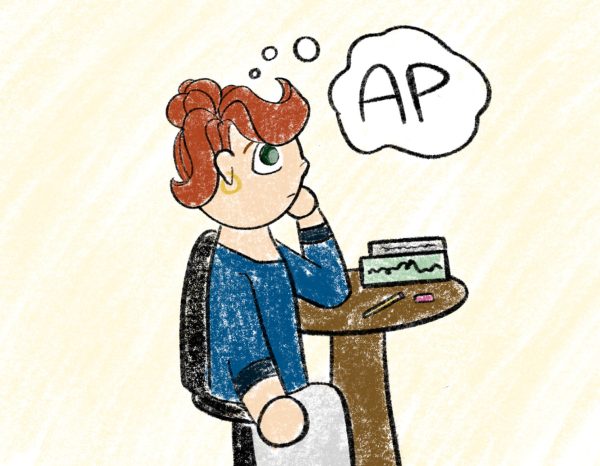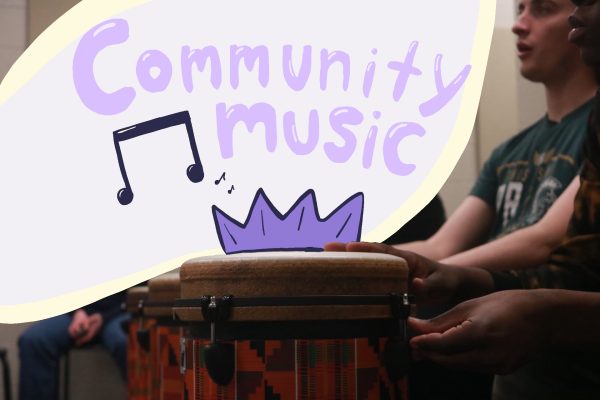International literacy day
Friday, Sept. 8 was International Literacy Day. With 28% of the world’s adults post-graduation remaining illiterate, it’s important to learn what literacy is, the problems illiteracy can create and organizations committed to improving literacy rates around the world.
International Literacy Day was first celebrated in 1966, making this 51st year of celebration.
As a high school student, especially at an academics-based school like West High, it can be hard to imagine not being able to read or write by the time you graduate–but for 19% of the US population, that’s the case.
According to the Washington Post, the United States is only ranked seventh in the world for literacy rates: a great ranking despite having few organizations or movements in the US to inform people about the importance of reading and writing. In addition, with school systems now revolving around STEM (science, technology, engineering, and math), the importance of literacy can be misunderstood or taken for granted.
For many, literacy brings to mind English essays and classical novels, but it’s much simpler than that. Literacy is defined as the ability to read or write. In the U.S., literacy is measured by being able to read and write at a middle school level, with no specification of genres or subjects.
It’s important to start improving literacy rates with the younger generations affected first. “Low level reading and writing skills impacts unemployment rates, school drop-outs, losses in tax revenues and many other social problems,” Andrew Kay, CEO of the World Literacy Foundation said. Studies also show that illiteracy could be an intergenerational problem, especially with lower-income families, and that an illiterate employee could earn up to 30% less income than a literate worker.
Illiteracy in adults tends to be connected to low reading levels from a young age, or late learning in reading or writing. For some, it can be hard to find the resources children need to continue to practice and improve on these skills.
Access to both schools and public libraries is important for kids to get books that ensure the practice of reading and writing at a young age. “We have reading materials for all age levels, from babies to adults. Reading materials include books…as well as magazines, newspapers, audiobooks, etc. The collection varies widely in content and difficulty, and also includes books for adults who are learning to read. We also have programs like storytime, book clubs, and the summer reading program that help promote literacy throughout the year,” Erika Binegar, a children’s services librarian at the Coralville Public Library said.
September being National Library Card Sign Up Month at the Coralville Public Library makes it easier to get access to these resources. With the growing popularity of e-Books as well as other technological improvements like schools going to 1:1 teaching, children will hopefully continue to get the resources they need to continue to strengthen their basic reading and writing skills. “For children who have access to an e-reader, I think e-Books are a wonderful, convenient option for helping children read more often and improve,” said Binegar.
E-Books aren’t the only resource children have these day. “[Audiobooks are a] different experience than if you read the words yourself, but audiobooks are fantastic for engaging the listener in story. The more words and vocabulary that children hear, the easier it will be for them when they are learning to read,” said Binegar.
The more words and vocabulary that children hear, the easier it will be for them when they are learning to read
— Erika Binegar
While the increase in technology makes it easier for children to access reading materials, it doesn’t mean it doesn’t have it’s downsides: technology could be lowering literacy rates over time. “Latest research highlights children today are reading less and are using more digital devices which impacts their reading skills.” said Kay.
Continue to read in your free time, or become a part of an organization dedicated to making a change. Just because International Literacy Day has passed doesn’t mean the issue should be forgotten: there are children out there that are not being taught to read or write well, which can affect them in their future school studies or jobs.
Graphic by Ting Gao
Your donation will support the student journalists of West High School. Your contribution will allow us to purchase Scholarship Yearbooks, newsroom equipment and cover our annual website hosting costs.

Sophie Stephens is a senior at West; this is her second year on staff and her second year as an editor. She is the managing editor for the website and...

Teya Kerns is a sophomore at West High. It is her first year on the staff of the West Side Story newspaper as a photographer. In her free time Teya enjoys...













